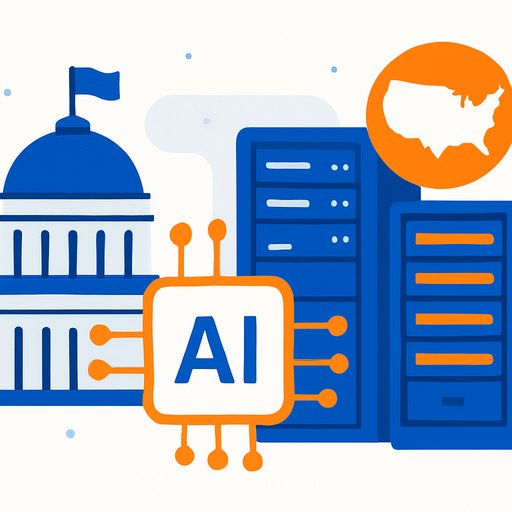CPA Canada Urges Federal Government to Strengthen Sustainable Disclosure and AI Policies
CPA Canada has called on the federal government to lead a coordinated national effort to adopt the Canadian Sustainability Disclosure Standards (CSDSs) as a consistent baseline across the country. These standards, introduced in December 2024, align with the International Sustainability Standards Board (ISSB) and mark a significant step forward in sustainability reporting.
The organisation’s pre-budget recommendations emphasize the importance of prioritizing sustainable disclosure standards, responsible artificial intelligence (AI) practices, and boosting productivity. CPA Canada highlights that widespread adoption of the CSDSs is essential for fostering a transparent and sustainable economy.
Focus on Education and Training for Climate Reporting
CPA Canada stresses the need for education and training focused on climate-related reporting. Equipping organizations with the right knowledge and skills is necessary to help them thrive in an economy that increasingly demands transparency and accountability.
Addressing Canada's Productivity Challenges
Despite a recent economic recovery, Canada’s productivity remains below that of other advanced economies, and improvements in living standards have not kept pace. Trade disputes with the United States have disrupted supply chains and increased costs, posing risks to economic output.
David-Alexandre Brassard, CPA Canada’s chief economist, points out that Canada faces stiff competition when attracting investment, especially compared to the US. To improve economic resilience, CPA Canada recommends removing barriers to interprovincial trade and labour mobility. This would reduce inefficiencies caused by a fragmented internal market.
The organisation suggests that federal and provincial governments collaborate to standardize laws and regulations across provinces, creating a more integrated and efficient economy. While progress has been made in improving business conditions, high tax burdens in Canada remain a concern for investment incentives.
Advancing Responsible AI Adoption
Canada currently trails regions like the European Union in establishing comprehensive AI regulatory frameworks. Melissa Robertson, CPA Canada’s AI lead, highlights the importance of supporting AI literacy, adoption, and homegrown technology. She underlines that trust, safety, and security in AI remain critical issues that require ongoing attention.
CPA Canada calls on the federal government to strengthen governance around AI, manage risks effectively, and promote ethical innovation. Engaging experts, including chartered professional accountants skilled in data integrity and assurance, is crucial to setting clear standards for AI risk management and building public trust.
Concerns Over Fiscal Accountability and Whistleblower Protection
The absence of a spring budget and delays in appointing a new Parliamentary Budget Officer have raised questions about the government’s commitment to fiscal accountability. CPA Canada stresses that Canadians benefit most from financial information that is consistent, clear, and independently verifiable.
The organisation also points to a significant gap in the lack of a national framework to protect and support whistleblowers. Such protection is vital for encouraging the reporting of economic crimes and risky practices without fear of retaliation. CPA Canada urges the federal government to establish this framework promptly.
Summary of CPA Canada’s Recommendations
- Lead a national effort to adopt the CSDSs as a uniform sustainability reporting baseline.
- Expand education and training focused on climate-related and sustainability reporting.
- Remove barriers to interprovincial trade and labour mobility to improve productivity.
- Collaborate on standardizing laws and regulations across provinces.
- Strengthen AI governance, risk management, and ethical innovation support.
- Enhance fiscal accountability with timely budgets and independent oversight.
- Establish a national whistleblower protection framework.
For public sector professionals involved in policy and governance, these recommendations outline key areas where coordinated action can advance Canada’s economic and technological future.
To learn more about AI literacy and responsible AI adoption, government professionals may find valuable resources and courses at Complete AI Training.
Your membership also unlocks:





